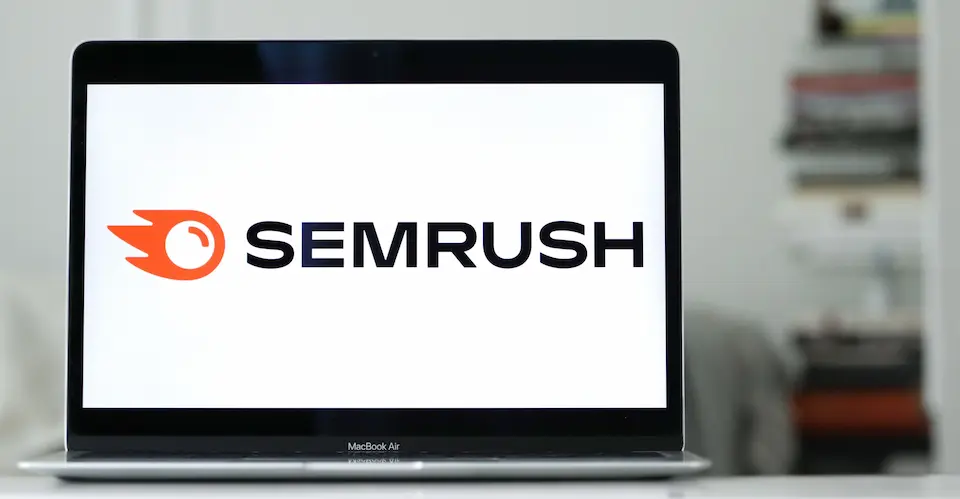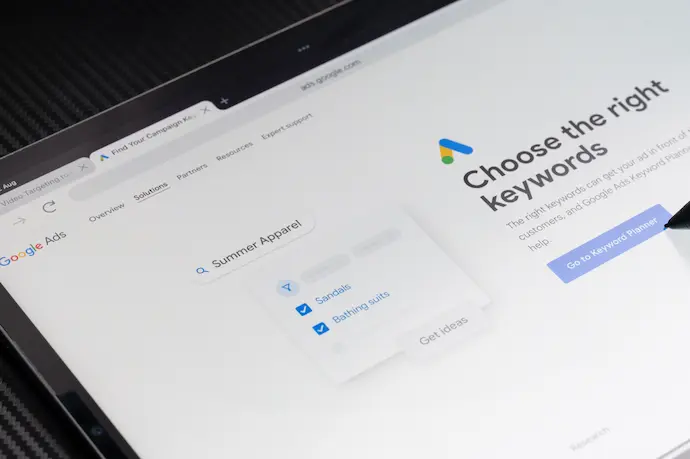September 02, 2025
Search is evolving fast. Generative AI answers, zero-click results, and voice search have changed how people discover information, but one thing hasn’t changed: great keyword research is still the foundation of successful SEO, PPC, and content strategies. The right tool helps you find opportunities, understand competition, and create content that actually reaches your audience.
Below are five of the best keyword research tools available today—each with unique strengths, drawbacks, and ideal use cases.
Semrush

Key Features
Keyword Magic Tool and Keyword Gap for finding untapped opportunities
Deep competitor analysis and PPC integration
Pros
-
Massive, frequently updated keyword database
-
Excellent competitor insights and reporting
-
Powerful PPC and SEO campaign tools in one platform
Cons
-
Higher price point than most alternatives
-
Interface can feel overwhelming for beginners
Ideal For
Enterprise SEO teams, agencies running robust PPC campaigns, and marketers who need all-in-one competitive research.
Ahrefs

Key Features
Industry-leading backlink index
Click metrics and SERP overview in Keyword Explorer
Pros
-
Unmatched backlink data for link-building strategies
-
Accurate keyword difficulty scoring
-
Great for discovering niche or long-tail keywords
Cons
-
Premium pricing tiers can be steep for small businesses
-
No true free plan and limited trial options
Ideal For
Marketers focused on link building and those needing deep SERP analysis.
Google Keyword Planner

Key Features
- Direct data from Google Ads for search volume and CPC estimates
Pros
-
Free and reliable data straight from Google
-
Essential for paid search planning
-
Simple setup with an existing Google Ads account
Cons
-
Provides broad search volume ranges unless you’re running ads
-
Limited competitive or backlink insights compared to paid tools
Ideal For
- Budget-conscious marketers and anyone planning PPC campaigns.
Moz Keyword Explorer

Key Features
Priority Score balancing volume, difficulty, and CTR
SERP analysis with keyword suggestions
Pros
-
Clean, intuitive interface great for beginners
-
Strong educational resources and active community
-
Priority Score simplifies decision-making
Cons
-
Smaller keyword database than Semrush or Ahrefs
-
Data refresh rate can be slower than competitors
Ideal For
- Mid-sized agencies and content marketers who want an easy-to-use tool for core SEO needs.
Ubersuggest

Key Features
- Budget-friendly SEO toolkit with keyword research, site audit, and content ideas
Pros
-
Affordable lifetime pricing option
-
User-friendly interface
-
Good entry-level features, including content ideas and audits
Cons
-
Data accuracy can lag behind enterprise-grade tools
-
Limited advanced features for large-scale agencies
Ideal For
- Freelancers, startups, and cost-conscious teams looking for an accessible all-in-one SEO solution.
How to Choose the Right Tool for Your Goals
The best keyword tool depends on your budget, team size, and whether you focus more on SEO, PPC, or content marketing.
-
Tight budget? Start with Google Keyword Planner and layer in Ubersuggest for extra insights.
-
Data-driven SEO agency? Semrush or Ahrefs will give you the scale and accuracy you need.
-
Content-focused team? Moz strikes a good balance between usability and data depth.
Final Takeaway
Keyword research tools remain essential even as search continues to change. Test a few platforms before committing and revisit your toolkit regularly. The landscape is evolving, and staying flexible ensures your content strategy keeps pace with how people search.
Let's talk about your 2025 business goals
From design to PPC and everything in between, our experts will set you up for success.

